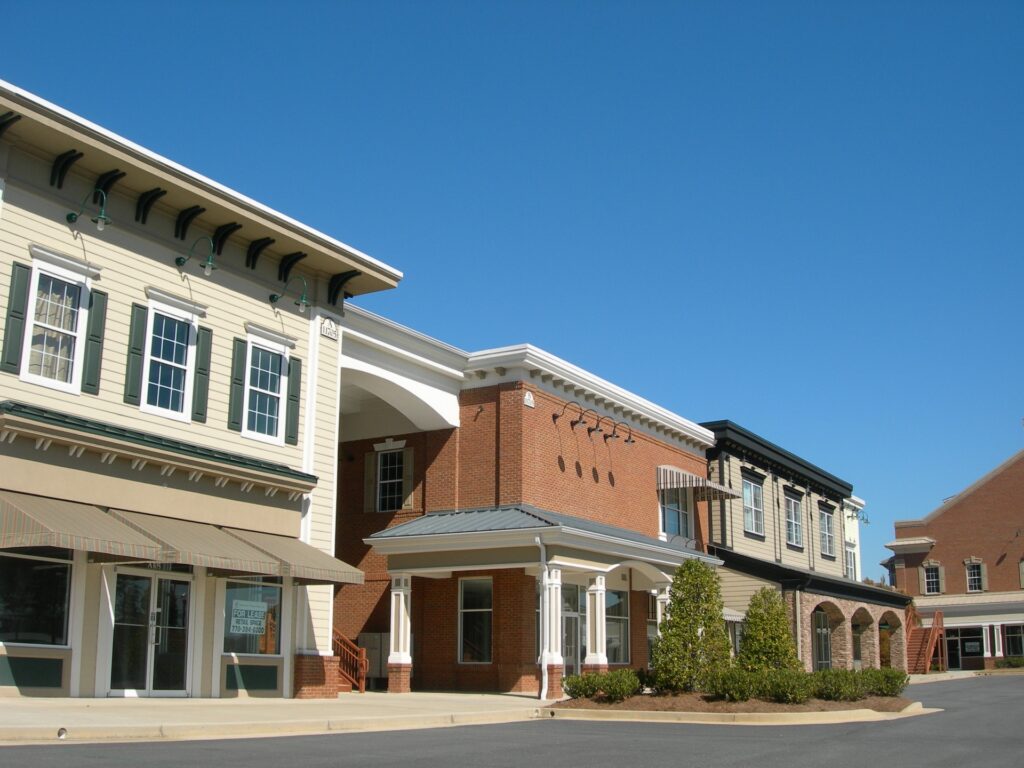Before signing any kind of commercial lease, it’s a good idea to discuss the commercial lease extension option. This is most commonly known as a commercial lease renewal. The range of a standard lease of this kind is typically around 5 years, but for many businesses knowing what opportunities they have to be able to stay in a leased location longer is immensely valuable.
So what do you need to know about a commercial lease extension option? We detail that below.
Key Info About a Commercial lease Extension Option
It’s important to understand that long-term leases with renewal options typically only benefit the tenant. Landlords favour short-term leases so that they are continually able to get in higher-paying tenants.
To negotiate effectively, there are some key terms you should be aware of:
- Notice period: This is the period of time that a commercial tenant gives a landlord about their desire to have a commercial lease extension option outside of their current lease agreement. The earlier the better typically but most often this involves letting them know about 6-12 months before the lease is up. It also gives tenants more time to find other locations if the landlord doesn’t agree to a renewal.
- Term: The term states the length of the lease renewal period. This will be included within the lease and typically detail about a 3-5 year renewal period.
- Rate: Within the commercial lease extension option the renewal rental rate must be stated. This could be a fixed rate or the rate may be offered as fair market value (FMV). The latter is typically better. Why? It gives options to include a rate that reflects the current state of the real estate market. How this will be calculated should also be stipulated so both parties are able to refer to it when they need to.
Now that you understand the key terminology used for lease renewal agreements you’re much better equipped to handle negotiating them.


